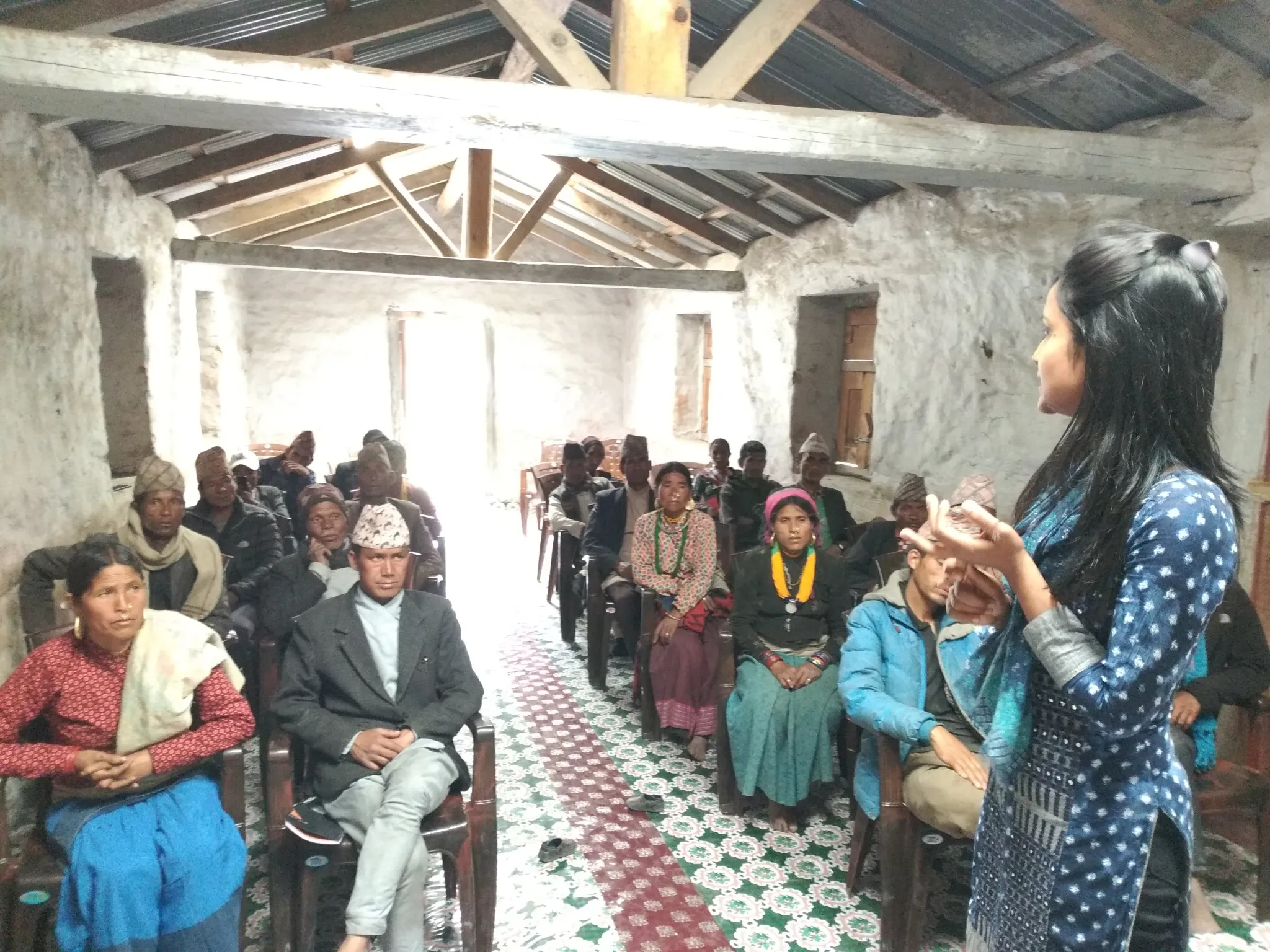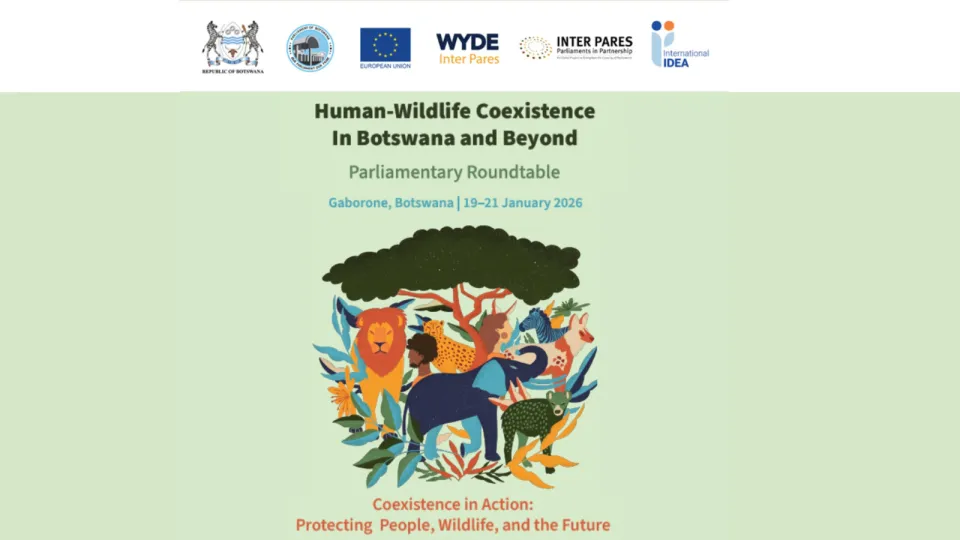
Pilot project carves out space for deliberative local governance
By testing a new approach providing a demand-driven programme using mentoring, International IDEA supported local elected officials in Nepal from February to June 2019. The pilot programme was carried out in six palikas (new municipal-type level of government) of Karnali province. West Rukum, Salyan and Humla are the districts within this province, which are formed by the local government representatives. These units have coordinating roles within local governments.
By working in small teams, the mentors help the elected representatives establish systems and practices for local government. They work to support processes rather than projects or sectors, and are not a substitute for the work of the civil servants.
The pilot scheme is part of the Coherence Programme,’ which has been working to build a common understanding of deliberative democratic local governance concepts and practice among federal, provincial and local stakeholders since 2017. The programme is a partnership between the Ministry of Federal Affairs and General Administration, International IDEA and DFID (United Kingdom’s Department for International Development).
The pilot ran from late February to early June, but despite the relatively short time, the results have been positive. Young graduate mentors are trained to act as ‘change facilitators’ or ‘helping hands’ to support the palika chair and elected representatives to reach collective decisions through both deliberation and consultation. The mentoring programme has been scaled up and a new partnership with Kathmandu University has been established.
Young graduates were selected as mentors in order to provide skilled graduates with opportunities to support the development of their country instead of seeking jobs abroad. Their fresh minds and new practices are unencumbered by the legacy of old ways of working. Starting off in only six palikas has allowed us to identify areas where the programme can be improved. For example, the mentor teams could have helped to reach all toles/settlements to facilitate consultations.
An independent team of reviewers recently visited Sanibheri, one of the six palikas, to evaluate the pilot and found that it had been successful and that it needed to be expanded and scaled up in the future.
Through demand-driven advisory services by mentors, International IDEA supported subnational governments in Nepal to exercise practices and decision-making processes to become more transparent, inclusive, responsive and accountable to all citizens.
Read more stories about International IDEA's results in our Annual Outcome Report 2019: Democracy In Action.



